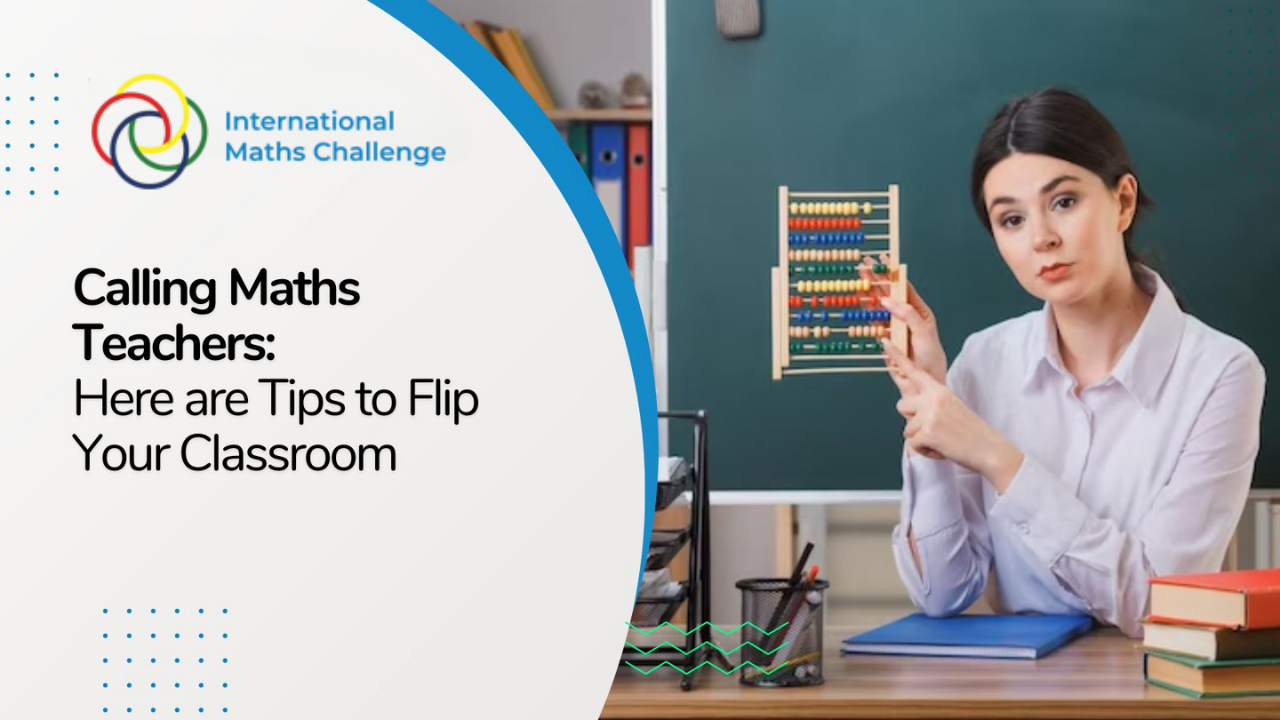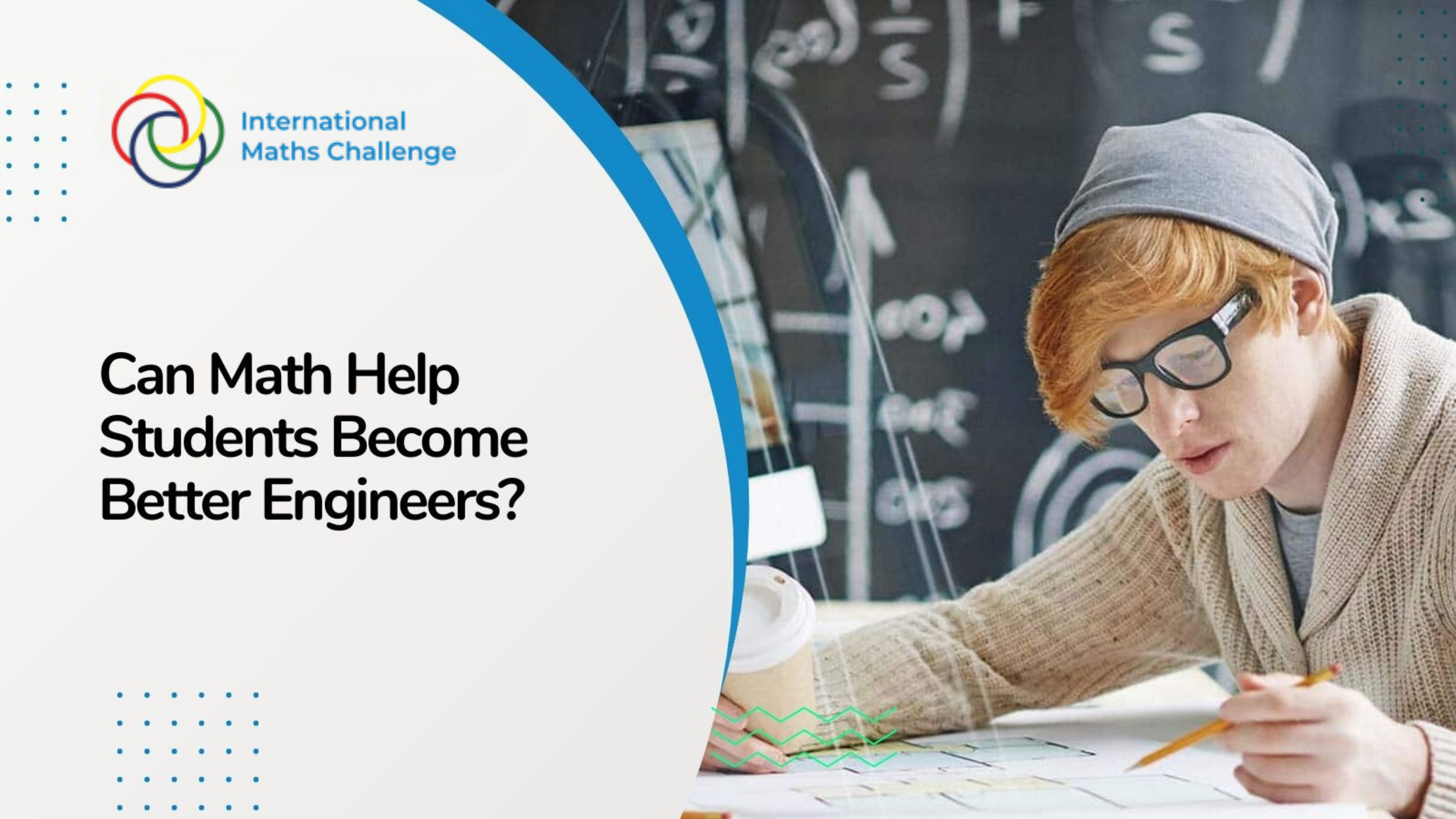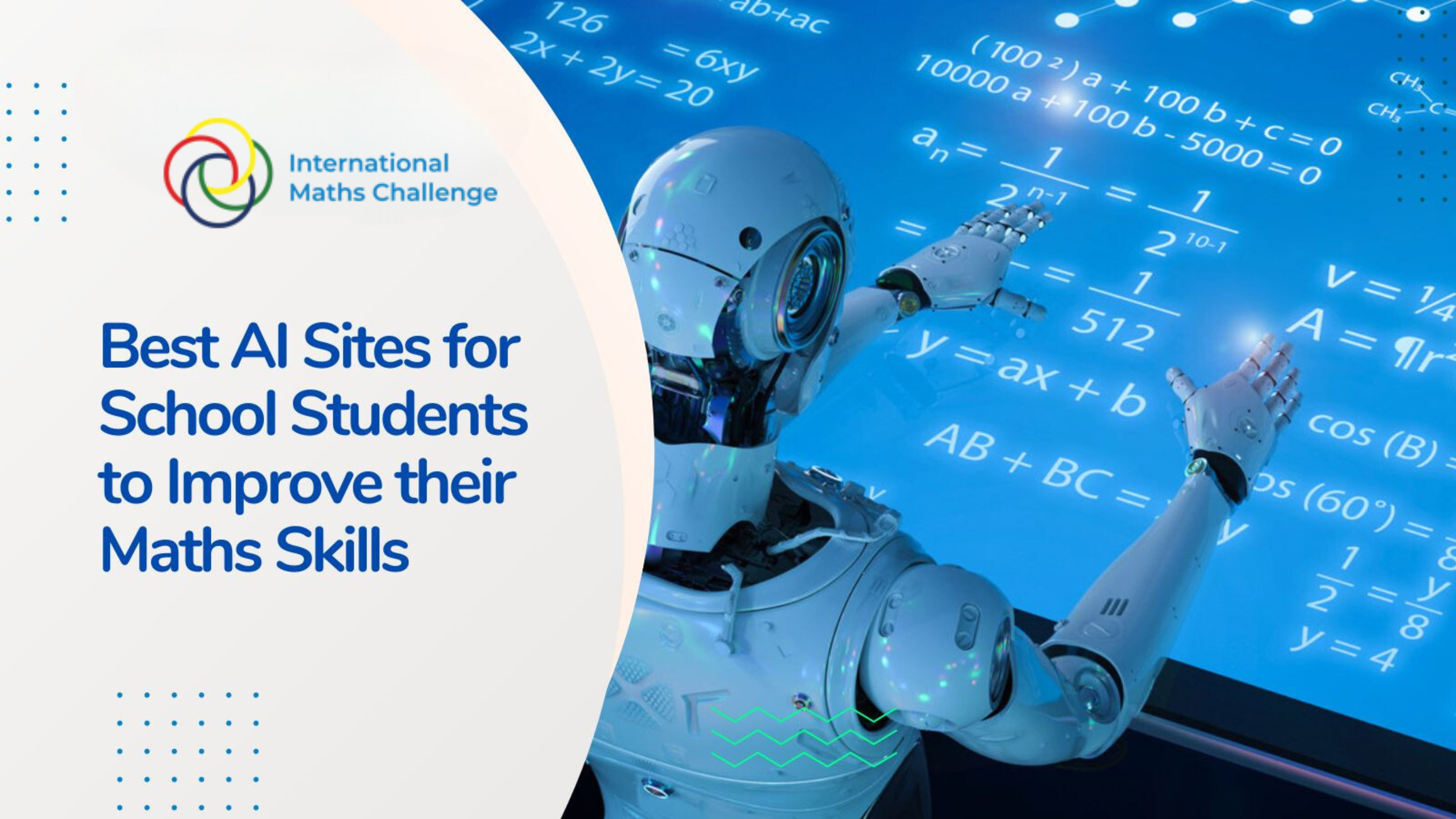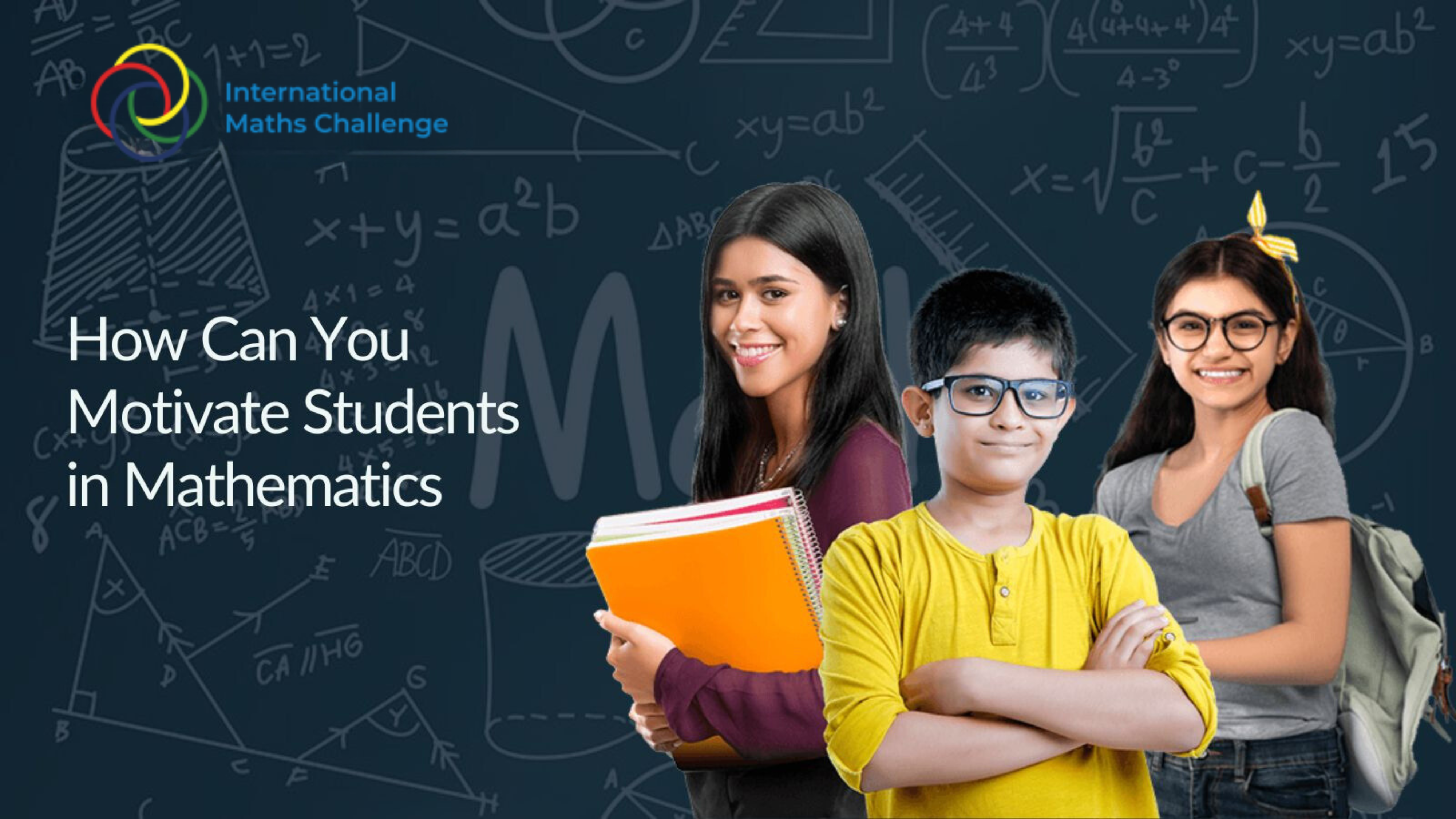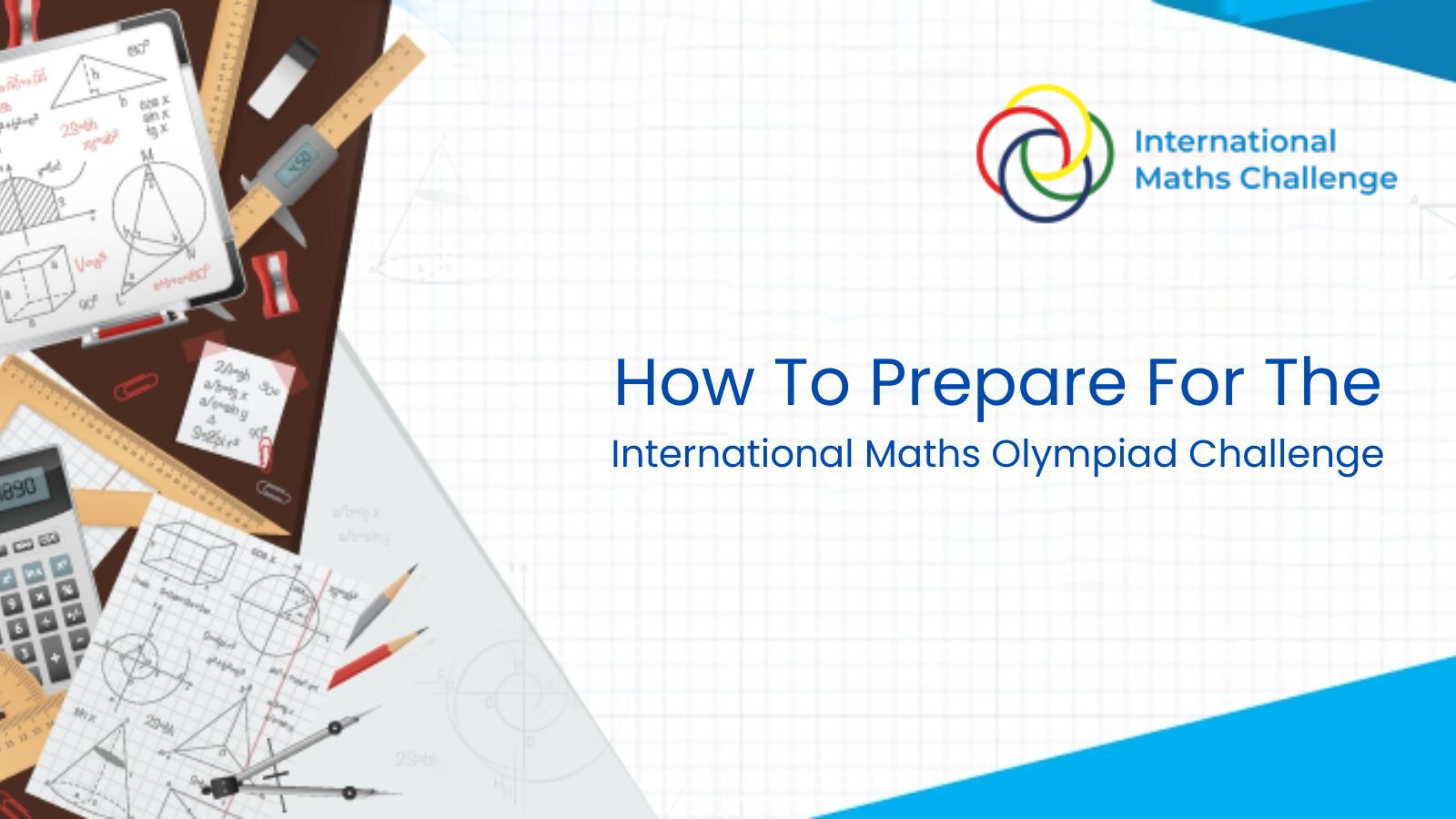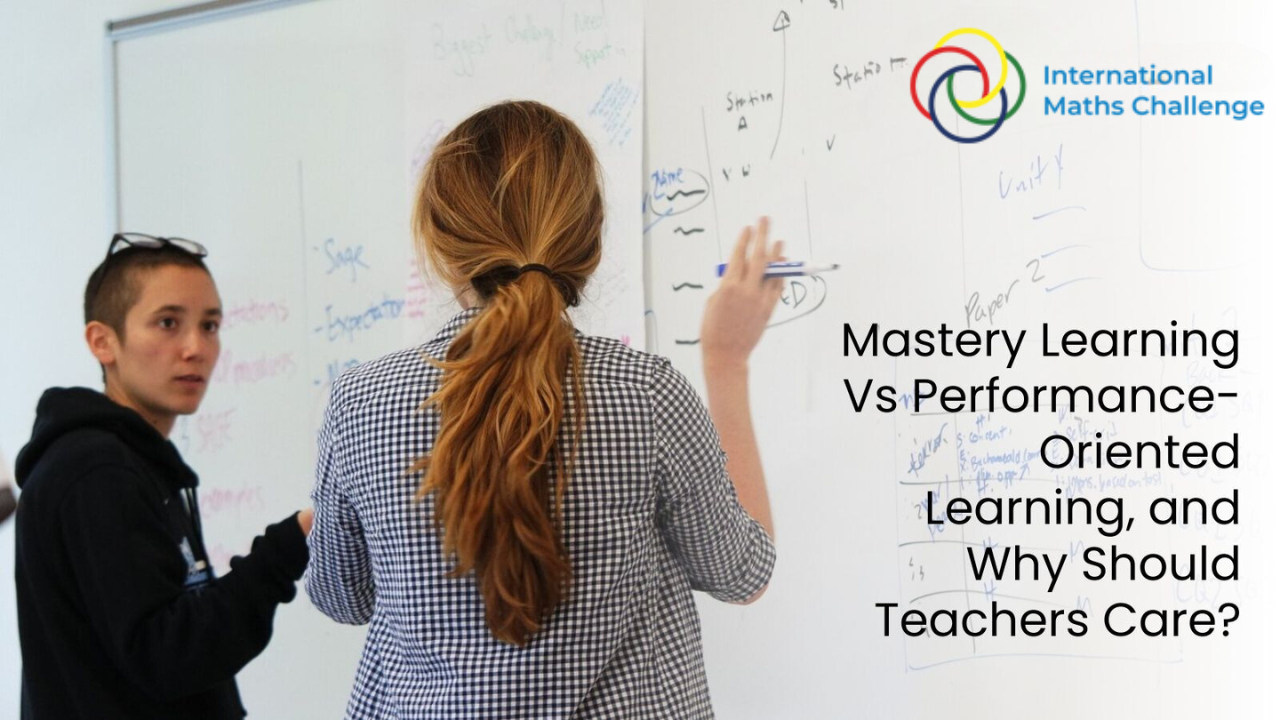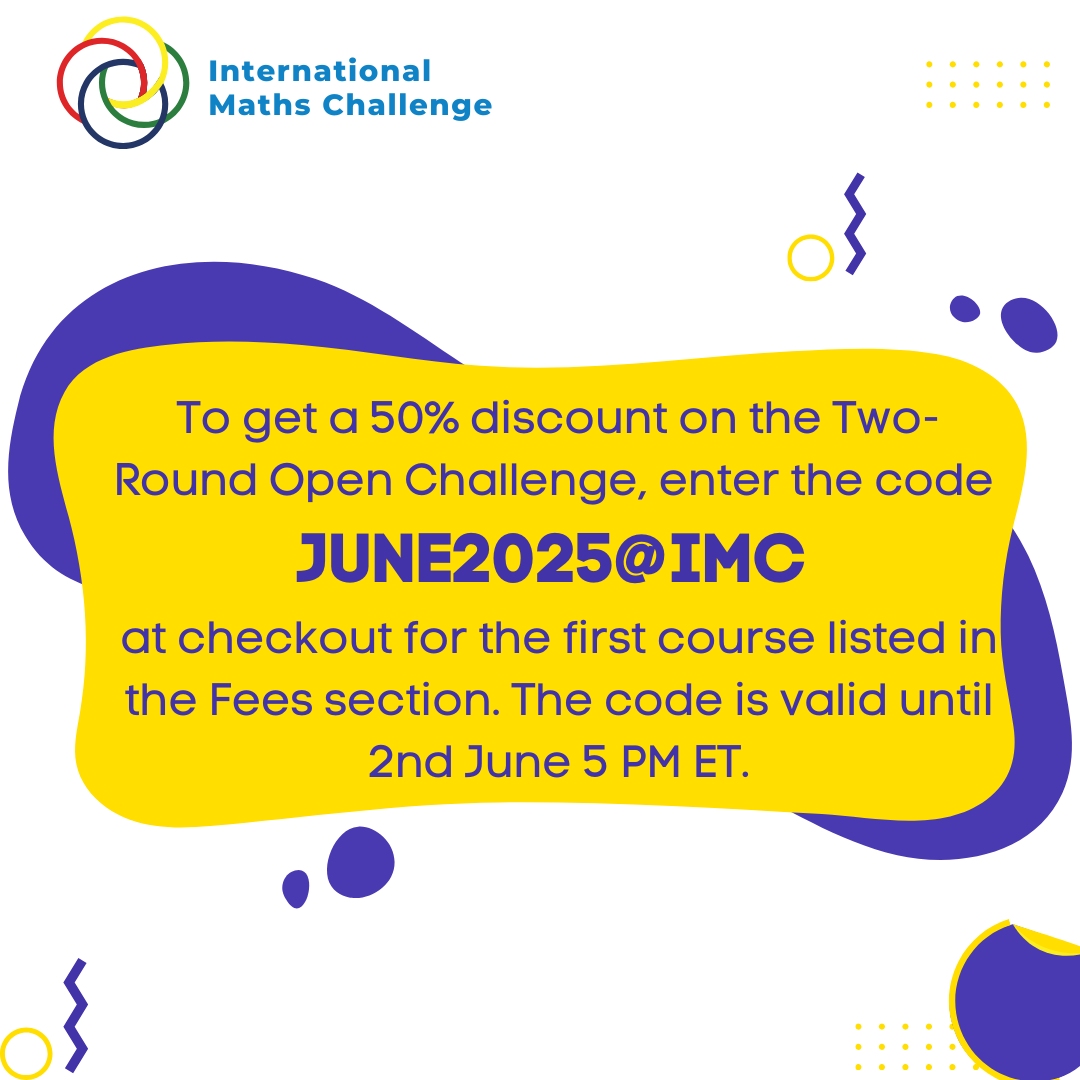What is a Flipped Classroom?
Most teachers understand the “Chalk and Talk” or “Direct Instruction” method. The teacher begins by reviving what they did the day before, then continue with some new theories and concepts on the board, generally seeking student attention to work through the instances. Then once the maths students have the right set of notes from the board, they would use their textbook for a particular chapter, start solving the questions given by the teacher, and expectantly complete those tasks at home for homework.
As maths tutors, we are familiar that daily practice is significant. However, the students experience problems when practising, and their teacher isn’t there to assist them. The flipped classroom vision reorganizes what comes about at home and school compared to a more conventional plan. In short, the students will first find new content mainly independently, often as homework. Then in class, most of the time burnt out practising, finishing exercises, asking questions, and working on other activities in groups, with the teacher there to guide them.
Why do a Flipped Classroom?
Flipped classrooms permit one-on-one sessions with maths students who are practising, especially for the International Maths Olympiad, so we can move further in more effective directions. Change is challenging, so why do a flipped classroom? In short, change can be strenuous but productive. Bloom’s Two Sigma Problem demonstrates that a one-on-one session is the best method for teaching and learning.
How to Flip Maths Classroom?
Choose a topic to begin with, based on the timing, but you may select a topic that you believe matches the new strategy perfectly.
No matter your standard or plan for the organization, we suggest making a calendar to organize your unit before you begin.
It would be best if you had a simple outline of what lessons or concepts you will cover each day.
If you plan to create your own video sessions, you must figure out the best video recording practices.
Explain to students
If students are used to a specific teaching style and method, changing the pattern can also be an issue for them. It’s necessary to be clear with them about the switch that is taking place, why they’re happening, and what the students should anticipate in the outcome.
This is how one can flip for a maths classroom. Happy teaching!

